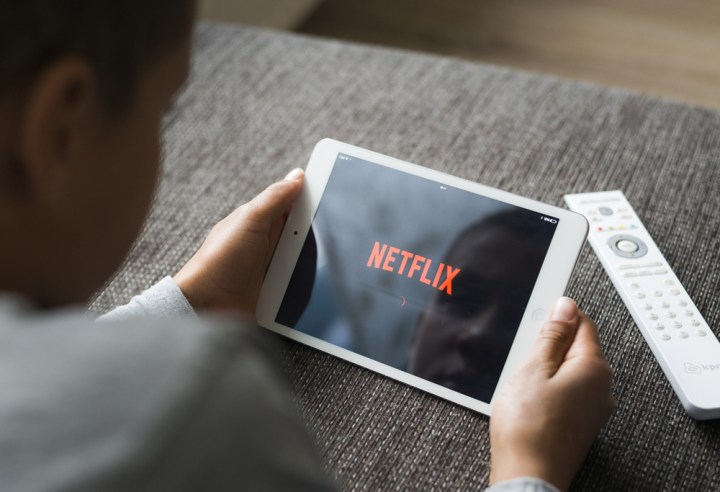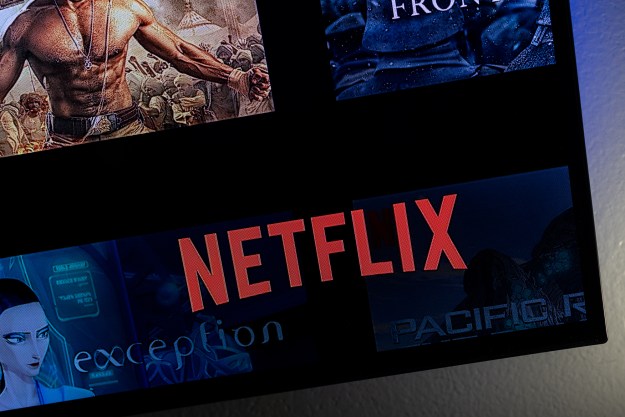
David Fullagar, Netflix’s vice president of content delivery architecture, shared the news in a post on the company blog Thursday. The exec made it clear that the streamer would like its content to be available globally — at some point. But the service acknowledged that, at present, that’s not possible. Netflix is tied by territory-specific licensing agreements, so until that changes, the company plans to “respect and enforce content licensing by geographic location.”
“We are making progress in licensing content across the world and, as of last week, now offer the Netflix service in 190 countries,” wrote Fullagar, “but we have a ways to go before we can offer people the same films and TV series everywhere.”
The VP shared that those who use proxies and unblockers can expect them to stop working soon. He didn’t provide specifics about how the company will accomplish this, but said that Netflix uses “the same or similar measures other firms do” and that the streamer is “evolving” with the technology. A company rep was only slightly more specific in a response to Variety, telling the publication that Netflix “uses a variety of technologies to properly geolocate members and to avoid attempts to circumvent proper geolocation.”
Fullagar provided assurance that subscribers who don’t use proxies or the like shouldn’t be affected. Those who do use such mechanisms, though, will undoubtedly be disappointed. Netflix’s terms of use do explicitly state that content is available “only in geographic locations where we offer our service and have licensed such movie or TV show.” And now that Netflix is truly a global brand, the company has decided to bring its blind eye back into focus.
Editors' Recommendations
- Tidal vs. Spotify: Which music streaming service has the features you need?
- How many screens can you stream Disney+ on?
- Yes, Hulu is cracking down on password sharing, too
- Netflix is about to get more expensive, again
- As Netflix ends its DVD rental service, Scarecrow steps in


